The truth about finding long term rent in Spain
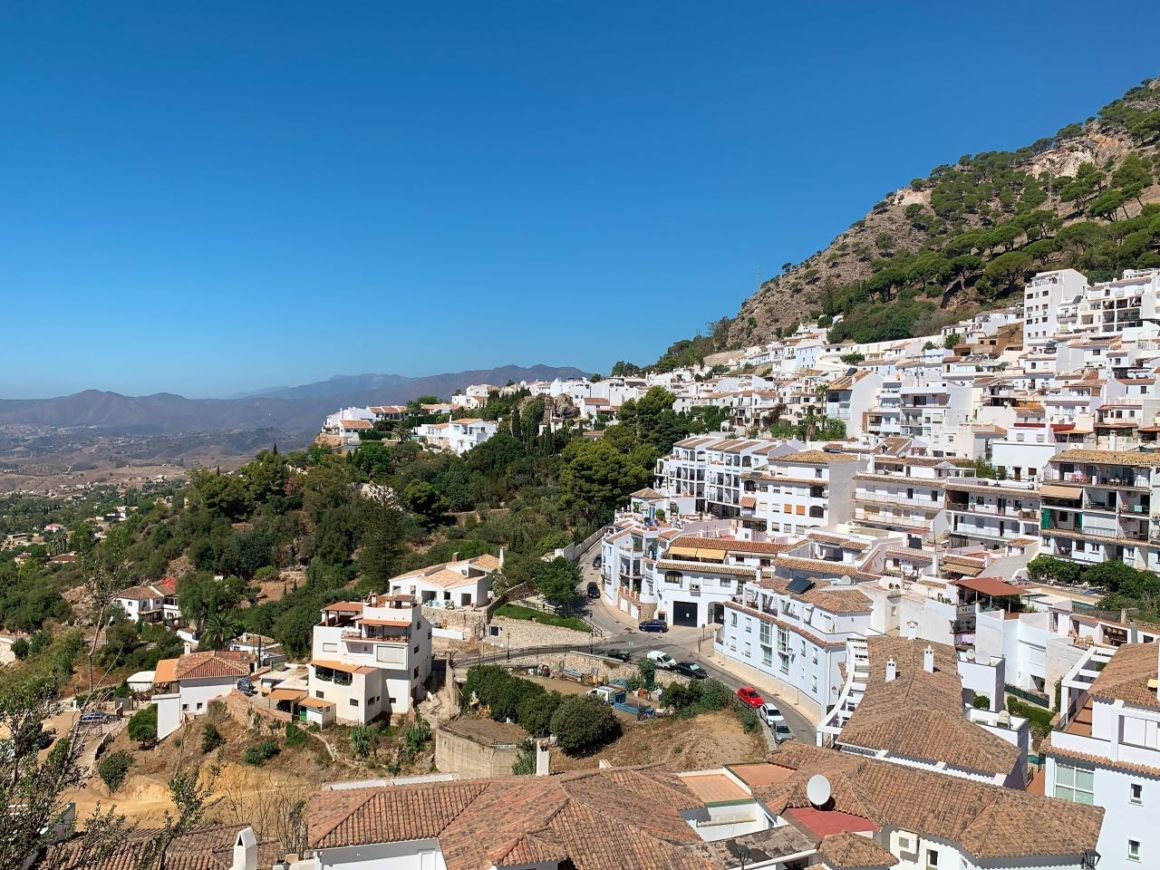
If you find it hard to find a long term rent in Spain, you are not alone. Everywhere we look for places to rent, we find homes available from September to June, or a limitation of maximum 11 months’ rent contracts per year, which mean these houses are for short term rent (less than one year), not for long term, which starts from 1 yearlong contract.
This is a problem that happens in all the areas of Spain that attracts tourists. But why, and who is causing this difficulty? People are quick to blame greedy homeowners who prefer renting to short term tourists than to long term residents, but I believe the landlords are not causing this problem – they are victims too. Surprising? I’ll tell you about it below.
I have been on-and-off thinking about buying a property for investment, and for more than a year now, I’ve been visiting places and talking to owners, banks and real estate agents. On top of that, I’ve had my own unsuccessful story trying to rent a place when I arrived in Spain – a story I commented in the post about Padrón and on Our unusual perspective on renting vs buying after arriving in Spain – where all I could find where short term lets that would not give the Padrón.
I’ll let you in some of those talks and on my thoughts, based on those experiences and on some online reading, on why is it so hard to find a long term rent in Spain.
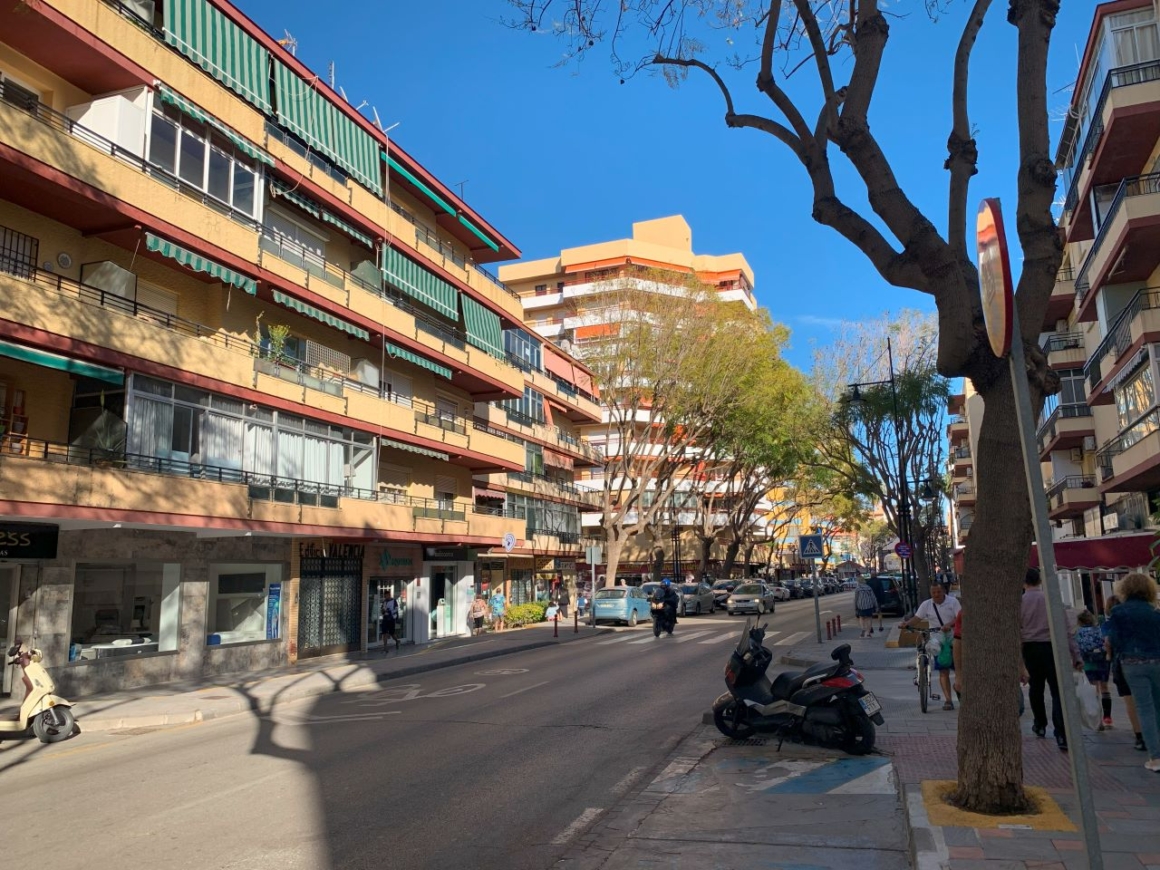
Short term is more profitable for the owner. But is it?
I know that profitability is the first thing that comes to mind when trying to answer why is it so hard to rent in Spain, but I think the reality is more nuanced than just a fast economic reasoning. I actually don’t think profitability is the main consideration, and I’m not sure short term is, indeed, that much more profitable nowadays, giving the huge competition among vacation rentals in the area, (which pushes prices down), and the nearly inexistent offer of long-term rentals (that pushes these prices up). I think the main concern is security.
Heck, perhaps short-term rent is even less profitable than long-term. Keep in mind that, while in summer every short-term place on the Costa is rented, that is not true for the other 9 months of the year. The owner also has to pay taxes (which are higher for short term rentals than for long term), cleaning and supplies; they have to answer customer questions, furnish the apartment (a need that long term renters do not necessarily have) and pay monthly for extras, such as wi-fi and cable TV, if they are to stand a chance of renting beyond summer.
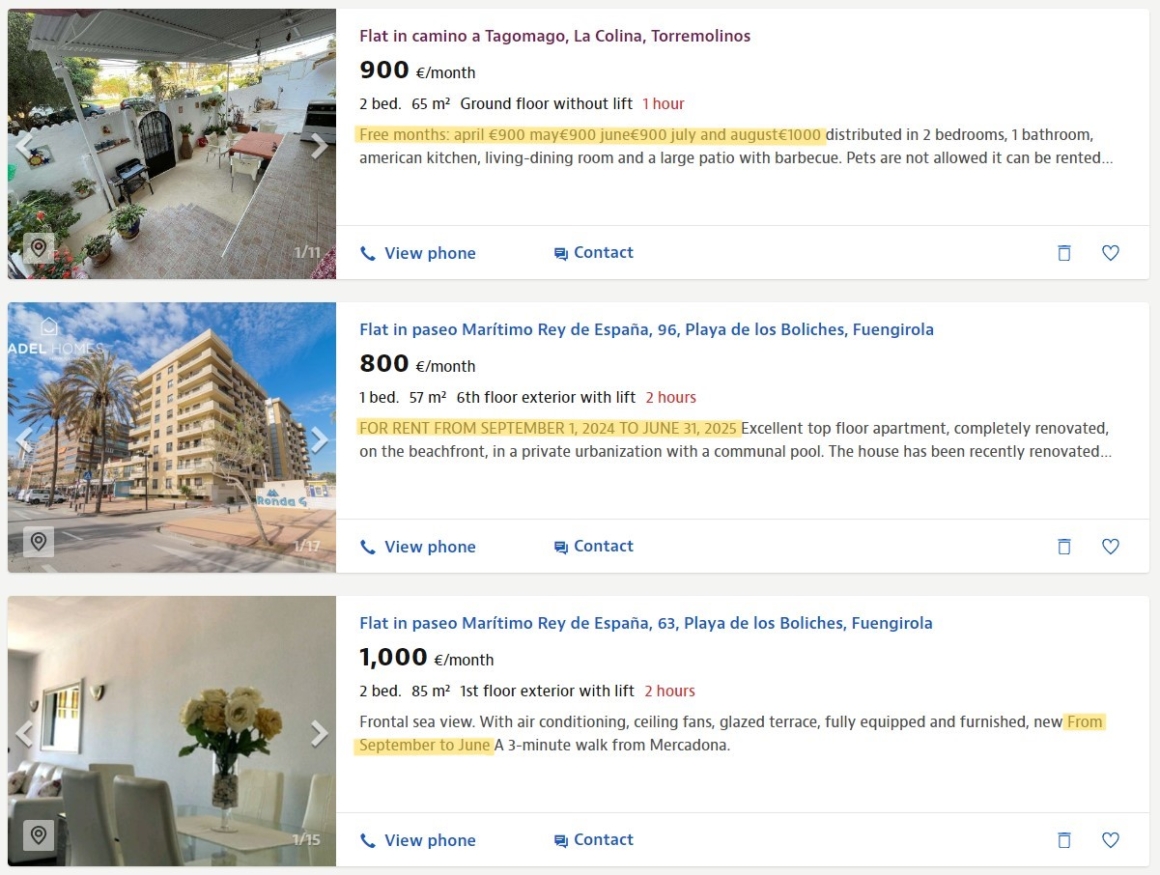
I once visited a (cute) 2 bedrooms apartment that was on sale in the center of Benalmadena; it was in reasonable condition, in an excellent location. I talked to the owner, and he told me he was selling it because his reliable tenant had left and he wasn’t willing to risk renting it to someone he didn’t know – he was afraid of an okupa or of getting a default tenant.
I asked about the possibility of renting it short term, and he said he had done it in the past and that it was, in his case, slightly more profitable to rent short term, but he considered the income to not be worth the hustle and risk, and therefore he preferred to sell. His (well-funded) risk aversion takes us straight to our next point.
Fear of okupas and defaulting tenants
Squatters (okupas) are the number one nightmare of the Spanish homeowner. Okupas invade unoccupied homes, and if not removed in two days, taking them out is quite difficult. Proving ownership and lack of rental contract is not enough; trying to force them out by not paying utilities bill actually favors the okupas, that can go to justice against the legal owner for coercion!! Removing them takes up to one year through justice (in many cases, more) and it can be even harder if the okupas bring in a child. You can imagine the associated lawyer’s costs; moreover, okupas can cause a lot of damage to the property.
Often times, the okupas are blackmailers: they want money to vacant a property, and they treat to break whatever is inside if their request is not met. Taking them out this way is probably cheaper than through justice and paying for the damage, so that is often what happens. Nerve-racking, right? But with the non-payer tenant, it can be even harder.
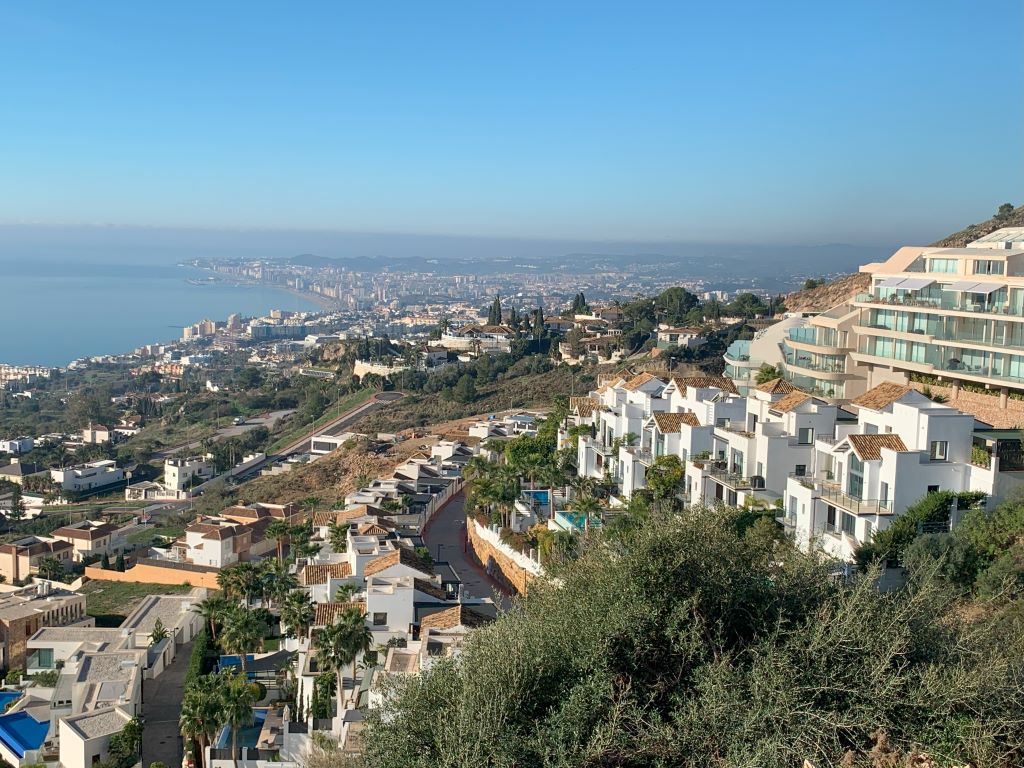
Inquilino moroso is the Spanish term for the legal tenant that stops paying rent, and is landlord’s nightmare number two. Defaulting tenants are sometimes even harder to evict, because they have empathy from the justice system. They sometimes are families who were paying their rent normally up to a certain point but have fallen into a difficult budgetary situation – the loss of a job, the passing of a money-bringing family member, illness – and are no longer able to keep their payments. As understandable as the difficulty is, it is also not the landlords’ responsibility to shelter them continuously at no cost; at some point, justice should evict the family, but it may take years – and costs for the owner.
I have a story about this too: I once visited an underpriced 3 bedroom for sale in Torremolinos. I was super excited about the place, that was better than in the pictures (a first)! There was a family living there, which, at first, seemed a good thing, after all I want to rent long term, so I would already have tenants if I concluded the purchase.
I asked the real estate agent how much they were renting for, and it turns out they were paying half of the usual price for that area and size. The reason was that the landlord was afraid to increase the price and cause the family (which had two kids) to become defaulting tenants… and then I understood why the price of the apartment was so low: the landlord had no way to either increase the rent or take the tenants out. (A short time later, the real estate agent told me that the tenants had, indeed, become default).
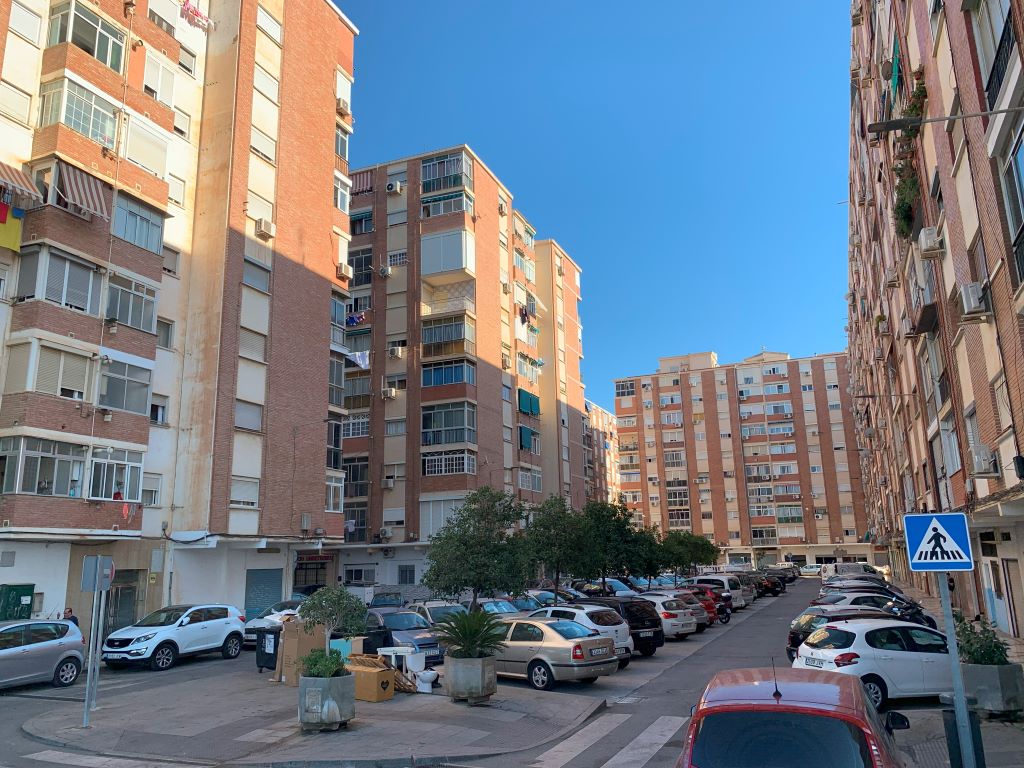
If that is not reason enough for the landlords to refrain from long term renters, see what the law requests from landlords, in addition to providing no protection against squatters:
Related post:
Okupas, second properties and rentals in Spain
Urban rent law (LAU)
The Spanish Urban Rent Law (Ley de Arrendamientos Urbanos, LAU) was issued in 1964, and has been in place since, with numerous updates. This law applies for long term rent (one year or more) but not to short term rent (less than one year). The most recent update to the rent law in Spain happened in 2023, and the way I see it, it made long-term renting even less attractive to landlords – and therefore less available for prospective tenants – in many ways, but in particular because of the 5 years duration of contracts and because of the limitation to adjust rent.
It works like this: if the contract is for long term (1 year or more), the tenant can opt to stay for up to 5 years in the place (paying monthly, of course). Yes, strangely enough, even if the contract says it is valid for one year only, the tenant can unilaterally decide to extend it for up to 5. During that time, the owner can only request the apartment back if it is for his own use or for a close (1st grade) relative. During this whole time, the rent can only be increased / adjusted following these parameters (according to fotocasa):
During 2023: maximum adjustment of 2%
During 2024: maximum adjustment of 3%
From 2025: a new index is to be created, which will be inferior to the current IPC.
The IPC is the Indice de precios al consumo, a government-controlled index that supposedly measures inflation but, in reality, tends to be a lot below real inflation. For reference, the interannual IPC for March 2024 was 3.2%, while food prices have increased by 9% in 2023.
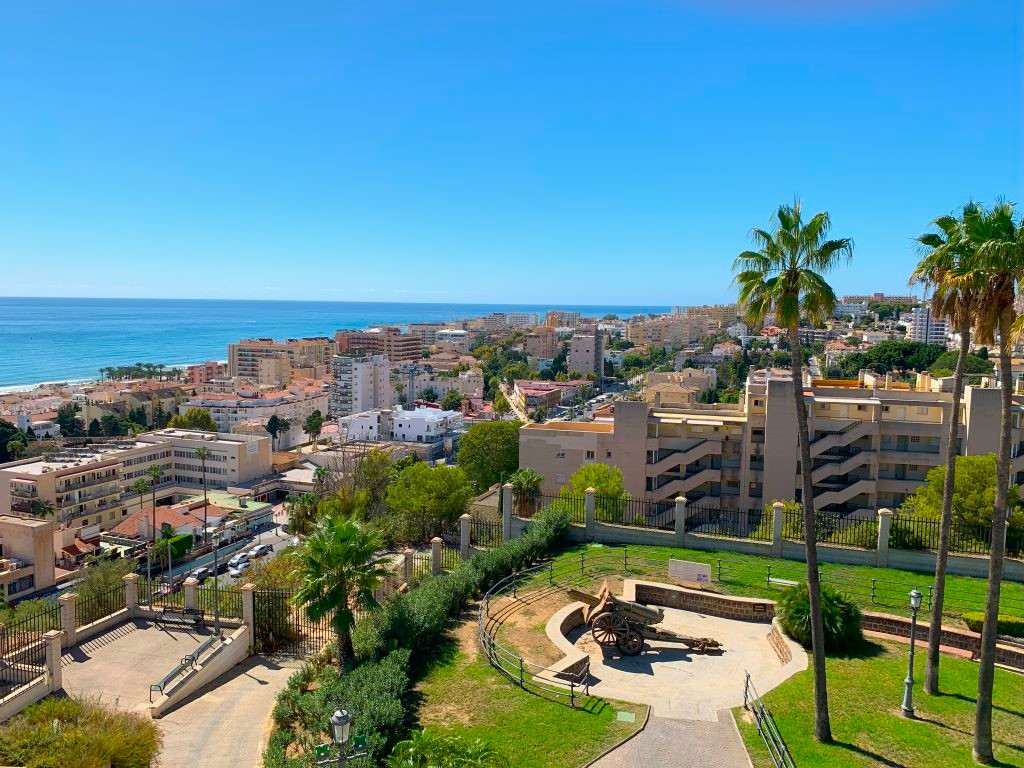
In practice, this law will force landlords to migrate to short term. It was already safer than renting long term, because you can evict a short-term renter that overstays, but you can’t evict a long-term renter as easily; now, being unable to either adjust rent prices properly nor request the property back, renting long term is becoming a bigger commitment, with strong budget implications.
Spanish Property insight seems to have a similar impression about the rent law in Spain, while talking about Barcelona and Madrid. If you want to read more about the law, check this post from Idealista that has a summary of the 2023 changes and an overview of how it is now. It is in Spanish, but nothing that Google Translator can’t handle. 😉
Other factors affecting landlords
Despite the law, rents have climbed in the Costa del Sol by about 9% to 15% from March 2023 to March 2024, according to Idealista (see below), probably due both to decrease in offer (some owners that were renting long term may have chosen to change to short term) and demand (there are always new people coming to the Costa). Another factor to consider may be that, right before the update to the rent law in Spain was approved, the few landlords offering their places for long-term rent have spiked the initial price offer to compensate for the negligible rent adjustments in the following years.
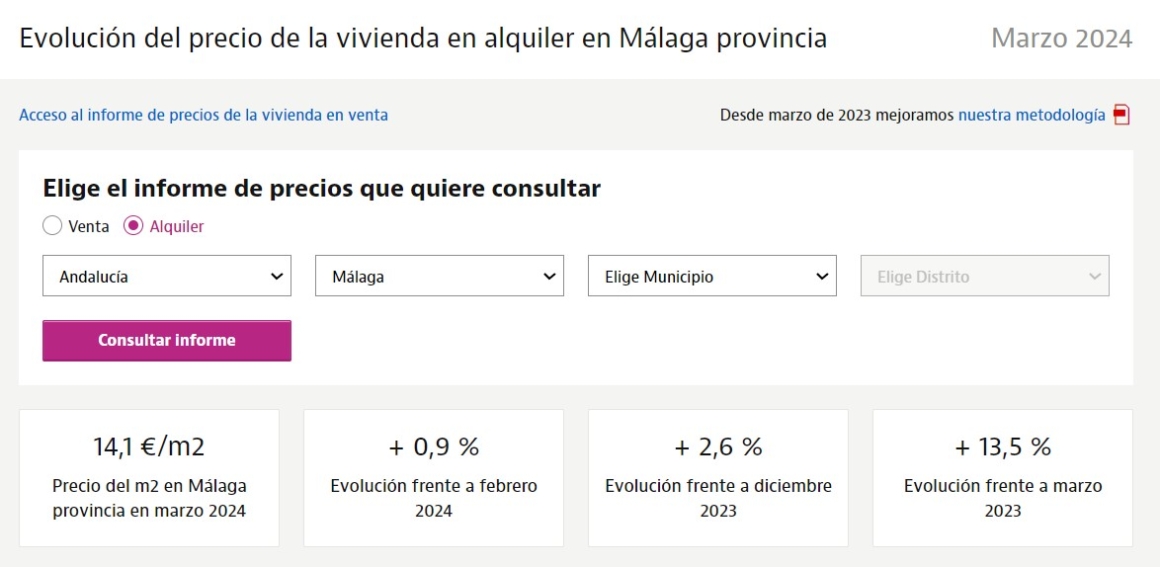
Landlords are often thought of as filthy rich people eager to squeeze as much money as possible out of the tenants, but in Spain, most of the landlords are people that have one single apartment for rent, and many are still paying the mortgage for it. They depend, at least in part, on the rental income to keep paying the mortgage, and may not be able to sustain payments for long if the property falls prey to okupas. In this case, short-term rent is safer.
Euribor
A connected pressure affecting landlords and therefore, rental prices, is the rise of the Euribor – (Euro Interbank Offered Rate) the interest rate that banks use to lend money among themselves and to others. To put it simply: when someone borrows from the bank to get a mortgage, the bank calculates the interest rate based on the Euribor rate. The amount the homeowner pays monthly to the bank, therefore, goes up when the Euribor goes up. Euribor has been increasing madly since 2022, and so are the mortgage payments.
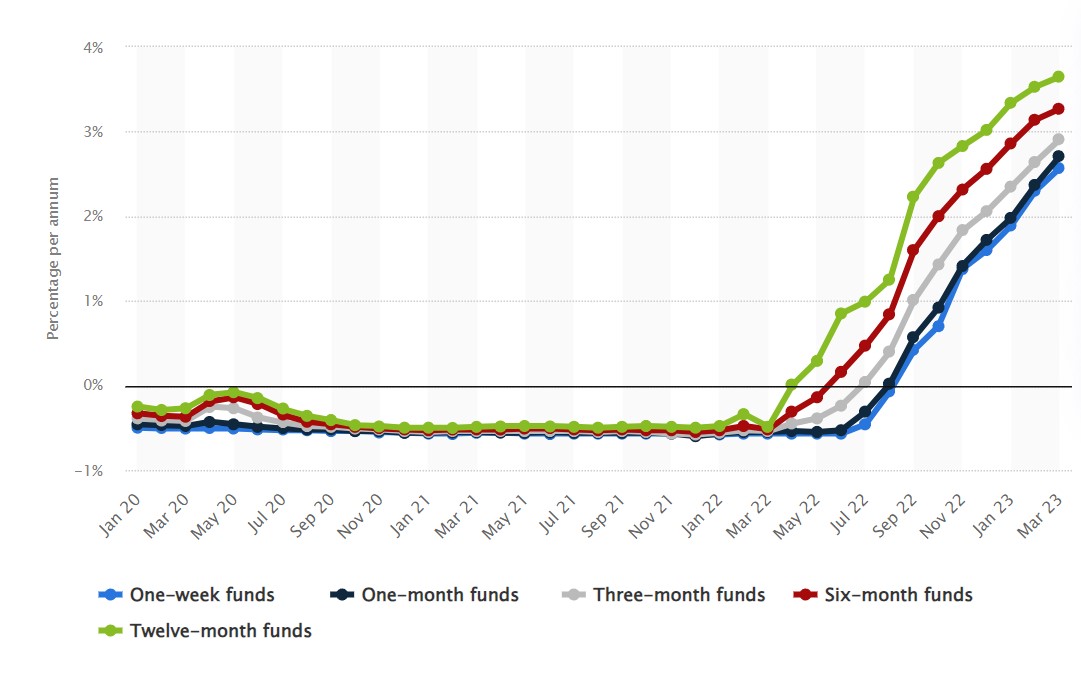
If the amount that needs to be paid back to the bank increases, the need to keep the property providing income increases too; having a defaulting tenant or an okupa can make it impossible to pay back the mortgage, and means the loss of all that has been paid so far when the bank takes the property back. Therefore, renting short term becomes the rational way to go even if it brings in less than a long-term rent would. It is just safer.
For all that we have seen, I believe the main reason why it is so hard to find long term rent in Spain has to do more with the landlord trying to keep their investment safe than with greedy; it is a matter of guaranteeing the apartment will not be taken by an okupa, a defaulting tenant or be rented for a fraction of the mortgage and way below market price in years 3, 4 and 5 of a very long term contract.
Government role
Even though the government of Spain is not to blame for the Euribor rise, as the index is decided by the European Money Markets Institute, it is the sole responsible both for the unbalanced rent law and oversight of the okupas threat. The reason why the government actively tries to make real estate a bad investment in Spain, I suspect, is to keep housing prices low and affordable for those that need to buy a place to live. It is not working, but perhaps it solves an electoral urge to be seen supporting the people.
The middle class complains that they can’t find affordable rent and blames the greedy landlords, for preferring to rent for tourists. The landlords, in turn, blame the rise of the mortgage costs, the lack of protection against okupas or non-paying tenants and the unbalanced rent law for their preference for short term. So, who do you think is to blame?
I think that when a person buys a property to rent, he/she is a diligent individual that saved for years to try to have a surplus income, particularly during retirement years. The government, though, seems to see the new owner as a heartless speculator that wants to take advantage of those with less means and the sole culprit for the rise in both house and rent prices. Despite of that, when one of the biggest investment funds in the world, Black Rock, decides to buy properties in Spain, that is not speculation, but reason for celebration… by a socialist party!
Below: Calle de María Molina 50, in Madrid, building recently bought by Black Rock.
What can you do to improve your chances
Now that you know what is holding back the apartment owners from renting long term, you may be able to convince a landlord to rent to you if they see you as a desirable tenant. You score a few points when you fit in each of the categories below:
– If you have rented before in Spain, it is possible to show that you have paid all the rents. Idealista provides a certificate, that I link here as an example (but I would recommend checking with your real estate agent before requesting the Idealista service, as maybe there are preferred providers of a similar document). This certainly helps increasing your credibility.
– If you have a stable job in Spain, tell it – and prove it. The best jobs are the governmental ones, because they come with stability, but a long employment in a known private company should be helpful too!
– If you don’t have kids, point it out. It’s sad to say, but it is easier to evict a childless person or family, so the prospective landlord would probably take it in consideration.
– If you are coming to stay for just one or two years, let it be known. A major fear for a law-obeying landlord may be the need to keep the rent practically unchanged for a long period of time.
Let them know if you fit in any (or many) of the categories above; you may end up finding a long term rent for yourself and succeeding where me and Hubby failed. As we are foreigners that had never rented in Spain, without a job (self-employed), with a kid, and coming to live permanently, you can see why nobody would rent to us!!
If you can, buy it
Finally… have you considered buying a place? If you have around 40% of the amount required for a given house or apartment for sale, you may end up paying less in mortgage than you would in rent. The upfront payment that banks request is around 30% of the price, plus 10% to pay fees and taxes. I think this may very well be a better solution than to deal with a frightened landlord, with the obvious advantages of owning a place.
Conclusion
On this matter, if I ever happen to find a nice place to buy that fits my budget, my intention would be to bravely rent it long term, mostly because I don’t see myself dedicating as much time to it as short-term rental owners do. After writing this post, I feel less interested in buying to rent than I did before, but then I remember that money in the bank just devaluates, so doing nothing is a bad option. That keeps me moving towards property seeking again. The Euribor sky-high level is not helping me much, and waiting for it to drop is helping me even less, as the price of properties just soar.
I believe many landlords would prefer a reliable long-term tenant over short-term tenants. Long term demands less work, less attention, and provides more free time, reliable income and the possibility of traveling during summer. But fear of okupas, defaulting tenants and of a long-term commitment without proper readjustments speak strongly to the choice of renting only for short periods. If you show that you are an ideal tenant, you increase your chances of renting long term. In any way, if you can, buy it.
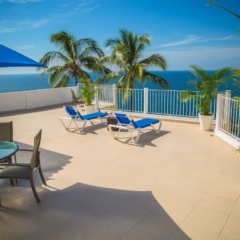

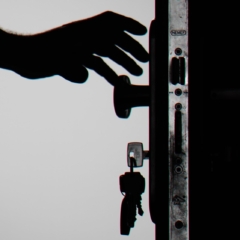





Very informative article, thanks! We felt lucky to have found our long-term rental within a week after arrival. We needed a padron, in order to in turn obtain a TIE, so it was essential.